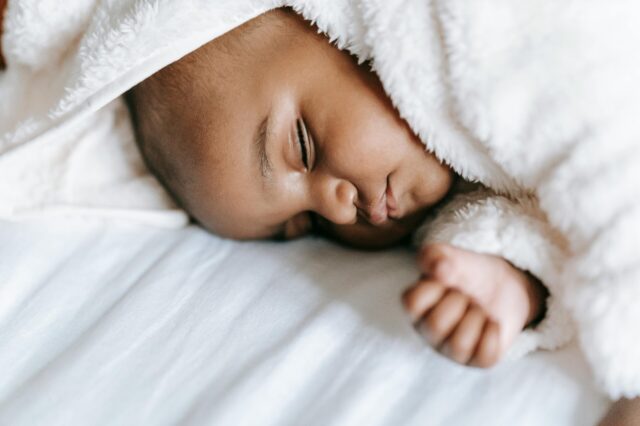Why Quality Sleep is Key for Children's Health and Ways to Get More
March 15 marks World Sleep Day — a great time to emphasize the significance of children’s sleep wellness, as research shows high-quality sleep is crucial for…

Update your location to show providers, locations, and services closest to you.
According to the National Sleep Foundation (NSF), approximately 69 percent of children 10 and under experience some type of sleep problem.
Sleep problems can negatively affect a child’s mood, health, cognitive function and school performance. Children are prone to many of the same sleep problems afflicting adults, including:
Children with sleep problems may exhibit some of the following behaviors:
If you suspect your child has a sleep disorder, the first step is to discuss your concerns with your pediatrician or family physician. Your health care provider may suggest an overnight sleep study, called a polysomonogram, after conducting a complete medical history, a review of any behavioral or developmental problems and a physical exam.
The UF Health Shands Sleep Disorders Center provides a comfortable, relaxing sleep environment, with two suites specially designed for pediatric patients. Professional sleep technologists explain the procedures to you and your child, attach the required sleep sensors, and monitor the recording of your child’s sleep throughout the night.
UF pediatric pulmonologists and neurologists board-certified in sleep disorders review your child’s sleep study results for an interpretation and recommend treatment to your physician.




March 15 marks World Sleep Day — a great time to emphasize the significance of children’s sleep wellness, as research shows high-quality sleep is crucial for…

Determining the derivative of y times 23 to the 15th power is tough enough. Figuring it out on just a few hours of sleep could be almost impossible. With a new…
